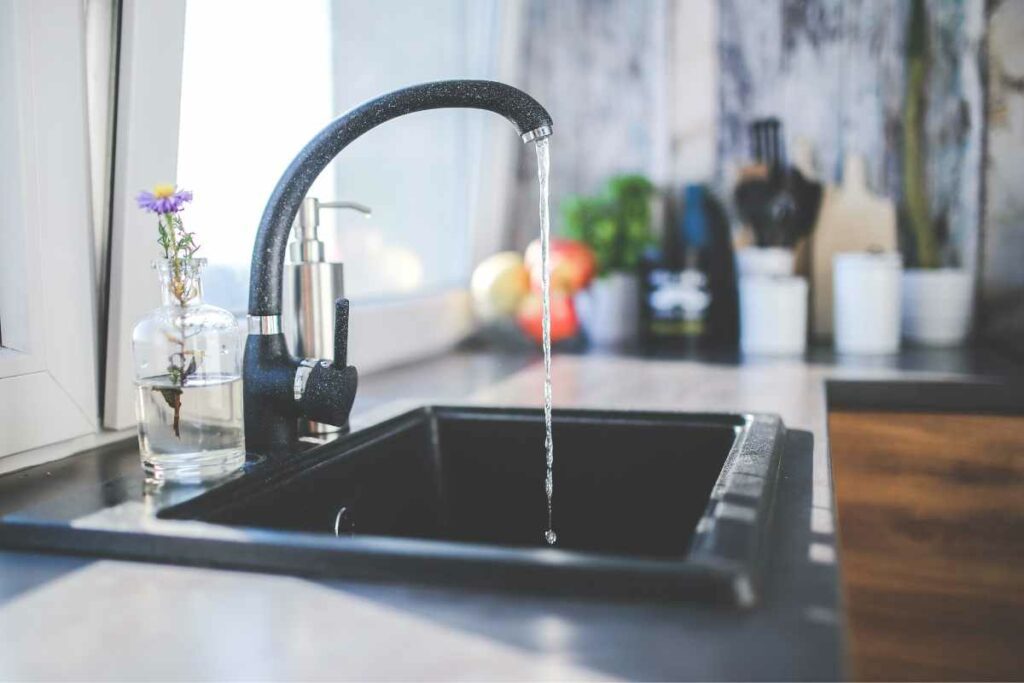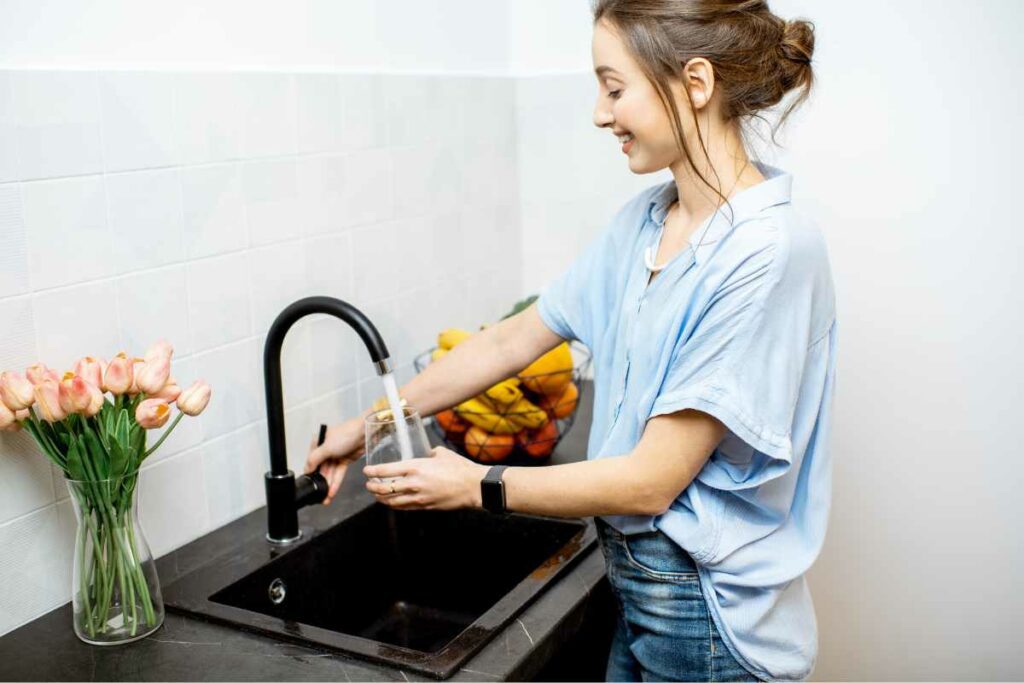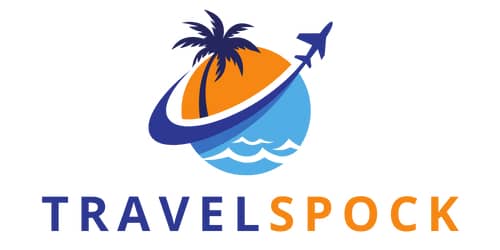Tenerife, a beautiful island in the Canary Islands, is a popular destination for tourists worldwide. Many travelers visiting the island wonder if it is safe to drink the tap water.
The quality of tap water can vary across the island but, in general, it is advisable to stick to bottled or filtered water to ensure its safety.

The tap water in Tenerife undergoes regular treatment, but contamination levels and health risks associated with drinking tap water on the island still exist.
This is primarily due to infrastructure challenges and the varying quality of water from different sources around the island.
Key Takeaways
- Bottled or filtered water is recommended for drinking in Tenerife.
- Tap water in Tenerife may face contamination and infrastructure challenges.
- Be cautious when using tap water for cooking or consuming it in public places.
Drinking Tap Water in Tenerife
In Tenerife, a popular tourist destination, you may wonder if it’s safe to drink tap water. The quality of the tap water varies according to the location, but generally, it’s safe for consumption.
However, it is important to note that the tap water may have a different taste due to the desalination process.
This distinct taste might not be appealing to some, so bottled water is often preferred by both locals and tourists.
Many hotels and restaurants provide large water containers for refilling reusable bottles. Additionally, as of April 2022, all bars and restaurants in Spain, including the Canaries, must legally offer free tap water for drinking.
If you’re spending more time in Tenerife, you can opt for filtered tap water, but remember to research and test the water’s safety.
Staying hydrated is crucial, so choose the drinking water options that suit you best during your time on this beautiful island.
How Tap Water is Treated in Tenerife

Desalination Process
In Tenerife, desalination plants play a crucial role in providing tap water. They convert desalinated sea water into fresh water for everyday use.
Chlorination and Disinfection
After the desalination process, the water goes through filtration and chlorination. This stage ensures removal of contaminants, and the addition of chlorine helps in disinfection.
Testing and Safety Standards

Tenerife follows European Union standards for water quality and testing.
Regular assessments guarantee tap water safety for various purposes, such as cooking and brushing your teeth.
However, it’s still advisable to rely on bottled water for drinking.
Health Implications of Drinking Tap Water
Sometimes, tap water in Tenerife might contain bacteria and microbes.
Consuming such water can pose health risks like an upset stomach.
Investing in a quality water filter can help you avoid these risks. Water filters effectively remove hazardous contaminants and bacteria.
By filtering your tap water, you protect your tummy from harmful substances. Keep in mind, however, that not all water filters are created equal.
Selecting a reliable water filter is essential for optimal benefits. The right choice will ensure clean and safe drinking water for you and your loved ones.
Bottled Water as an Alternative

When visiting Tenerife, you might wonder about the tap water quality. Instead of drinking tap water, consider bottled water as a safer and more reliable option.
Bottled water offers an assurance of better taste and quality. Choose from various brands of still and sparkling water available at affordable prices. To save money, consider buying in bulk from supermarkets.
The mineral content in bottled water can vary depending on the brand. This might affect taste and provide additional health benefits.
Remember to check the labels to know more about the mineral content in your chosen bottled water.
By opting for bottled water in Tenerife, you can ensure a more pleasant and worry-free hydration experience during your stay.
Drinking Water in Restaurants and Public Places
While visiting Tenerife, you may wonder about the tap water. In most restaurants, you can ask for tap water, but it is not always ideal for drinking.
Bottled water, though, is prevalent and a safer choice for staying hydrated.
It is important to stay hydrated, especially in warm climates. Carrying a reusable water bottle ensures access to clean water throughout your travels.
Fill your bottle with filtered or bottled water before heading out into public transport or exploring the island.
In public places like parks, it is common to find water fountains. Keep in mind that the tap water in Tenerife is not suitable for direct consumption, as it undergoes desalination.
Always use a water filter if you need to drink from a public source.
Here is a summary of ways to stay hydrated in Tenerife:
- Opt for bottled water in restaurants
- Carry a reusable water bottle filled with filtered or bottled water
- Use a water filter if drinking from public sources
Following these tips, you can enjoy your time in Tenerife without worrying about water quality.
Using Tap Water for Cooking

When it comes to cooking in Tenerife, you might wonder about the safety of using tap water.
In general, using tap water for cooking is considered safe, as long as it is boiled.
Boiling tap water can eliminate most potential contaminants, making it suitable for food preparation.
Although, if you’re still concerned about the water quality, using bottled water is always a viable alternative.
Natural Water Sources in Tenerife

Tenerife boasts various natural water sources, such as lakes and aquifers.
These underground reservoirs and springs play a crucial role in supplying the island’s water.
Teide National Park, a UNESCO World Heritage site, houses some of these valuable water sources. Here, you’ll find many springs providing fresh and pure water.
However, you may also encounter water containing volcanic minerals, impacting its taste and safety.
Another remarkable region is the Barranco del Infierno, which means “Hell’s Gorge” in English. It’s a popular hiking destination with an impressive waterfall, where you’ll find some water sources as well.
As for Masca, this picturesque village is located within a deep ravine. Though not a direct water source, the surrounding rugged landscapes contribute to Tenerife’s diverse water supply.
Expert Opinions and Recommendations
Since Tenerife’s tap water contains minerals different from those found in the UK, it has a distinct taste.
For example, Tripadvisor users have shared their personal experiences, with some preferring bottled water due to taste preferences and individual sensitivities.
In general, it’s a personal choice whether to drink tap water or opt for bottled water while visiting Tenerife.
Several sources emphasize the affordability of bottled water in Tenerife. Large bottles (5L) can be bought for as low as 1.50€ in larger supermarkets.
It is up to you to decide whether you are comfortable drinking tap water or if you prefer spending a little extra on bottled water during your stay.
Ultimately, you should carefully consider the expert opinions and recommendations, as well as other factors such as taste and plumbing quality, before deciding whether to drink tap water in Tenerife.
If you have concerns about the quality and safety of tap water, using a water filter or switching to bottled water might be a better option for you.
Tap Water and Travel Tips in Tenerife
Tenerife is a beautiful island in the Canary Islands where most visitors raise concerns about the tap water quality.
When visiting Tenerife in May or June, you’ll likely encounter pleasant weather, making it an ideal time for exploring.
Since Tenerife is an island, ferry services are available for inter-island transportation, so you can visit other Canary Islands like La Gomera and Gran Canaria easily.
Tenerife uses the Euro as its currency, making transactions simple if you’re traveling from other European countries.
Public transportation, such as the Titsa bus service, is affordable and can take you to various destinations around the island, including Santa Cruz, the capital city.
While you’re in Tenerife, don’t miss indulging in the local wine and cuisine. The island offers a variety of wines produced from Mallorcan grape varieties, making it a delightful experience for wine lovers.
Frequently Asked Questions
Is tap water safe to drink in Tenerife?
Yes, tap water in Tenerife is generally safe to drink as it meets the World Health Organization’s standards for drinking water quality. However, some people may find the mineral content different from what they are used to.
Do locals drink tap water in Tenerife?
Some locals do drink tap water in Tenerife. But many prefer to drink bottled water due to taste preferences and mineral content differences.
Is it necessary to boil tap water before drinking in Tenerife?
No, it is not necessary to boil tap water before drinking in Tenerife. The water is treated and meets safety standards for consumption.
Are water filters needed for tap water in Tenerife?
Water filters are not needed for tap water in Tenerife. However, you may choose to use a filter if you prefer the taste of filtered water or are concerned about the mineral content.
How does Tenerife’s tap water quality compare to other Canary Islands?
Tenerife’s tap water quality is comparable to that of other Canary Islands. The water across the islands is generally safe for consumption, but the taste and mineral content may vary slightly.
What precautions should be taken while consuming tap water in Tenerife?
If you’re unsure about the tap water quality, it’s always a good idea to opt for bottled water. When brushing your teeth or preparing food, you can still use tap water without concern.
You may also like
-
Afrikat: All-inclusive Luxury Catamaran in Gran Canaria Spain
-
Finding the Best Beaches in Bonaire Near Cruise Port Stops
-
What Wind Speed Is Too Windy For The Beach?
-
Flying Virgin Atlantic: Do They Provide Headphones?
-
Maldives Scuba Diving: Explore Underwater Paradise
-
Essential Driving in France Kit: What Drivers Need to Stay Safe and Legal
-
How to live on a Cruise Ship Cheaply



